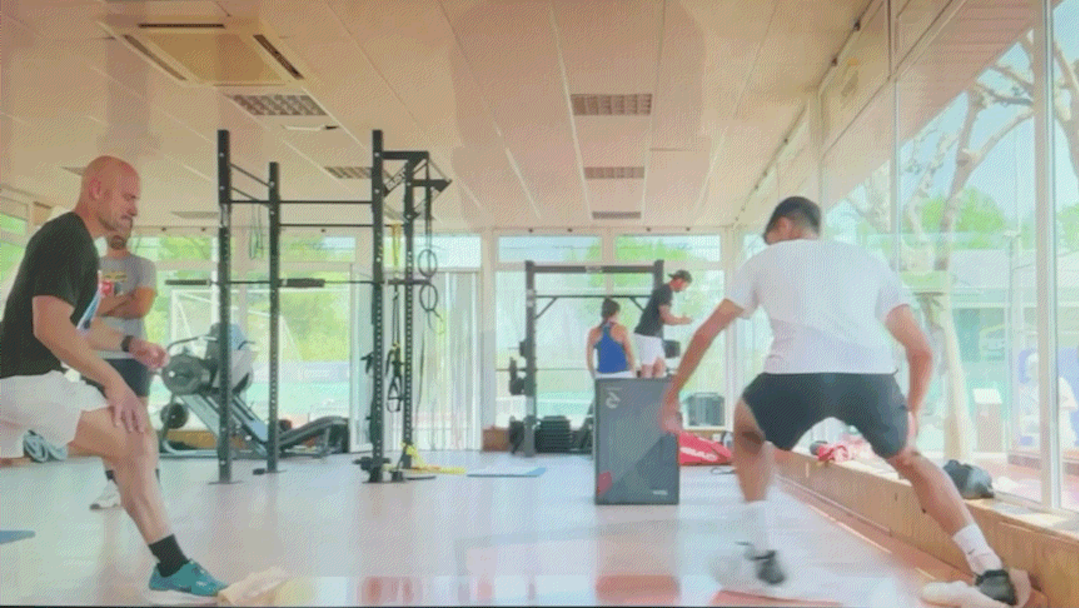Anticipation is a critical aspect of competitive performance in tennis. In fact, it is so important that many coaches use the alternative term “recognition” to emphasize that it is a trainable skill. Original research published earlier this year has definitively revealed that anxiety has a depressive effect on anticipation performance.
This research was performed on table tennis rather than lawn tennis, but that is still a relevant racquet sport. The study was specifically structured to separate the mental reaction from the physical response. The participants watched videos of serves from the perspective of the returner and were not required to play the ball. Consequently, pure anticipation is isolated in this research.
The study included an even split between highly skilled and less skilled table tennis players. They were tested under both high and low anxiety conditions.
High anxiety was induced by telling participants that their performance would be shown in the classroom as an instructional video. They were also given random error feedback in practice trials. Additionally, the subjects were told that they would receive monetary rewards based on their ranking against other test subjects. Those conditions directly translate to tennis match play: people are watching, capricious point outcomes, bad line calls, and keeping score.
The study revealed that when participants were in a state of high cognitive anxiety, the response time was highly impacted but the response accuracy was not. However, that is extremely significant because response speed is the essence of anticipation. Good anticipation generally assumes accuracy and refers to how fast accurate recognition occurs.
One of the more common terms to describe anxiety in tennis is “choking.” However, most of the time characterization and mitigation of that state focuses on the physical performance aspects. For example, muscles tighten and the feet feel heavy. This study reveals that mental reactions are also slowed which compounds the overall effect. In fact, all physical symptoms of choking may originate with slower mental response in the first place.
From a competition standpoint, this means that tennis player routines between points should focus on relaxing the mind in addition to the muscles. In retrospect, we probably could have anticipated that.
- The Adverse Effect of Anxiety on Dynamic Anticipation Performance, Pengfei Ran et al., Frontiers in Psychology, March 3, 2022.



